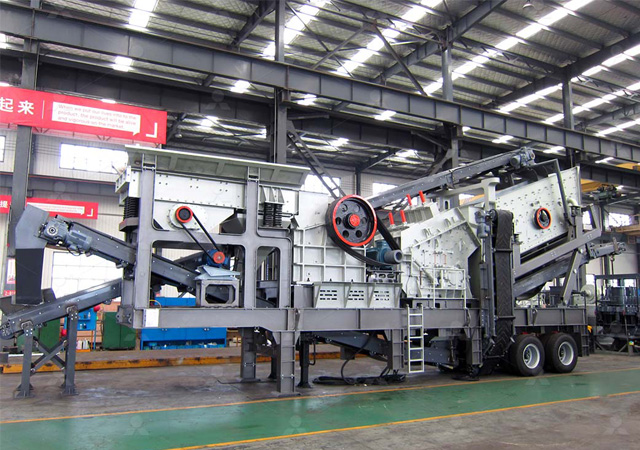When considering the purchase of a mobile crusher, there are several important factors to evaluate to ensure you make the right decision for your specific needs. The first crucial aspect to consider is the crusher type. Mobile crushers come in various designs, including jaw crushers, cone crushers, and impact crushers, each suitable for different materials and applications. A jaw crusher, for example, is ideal for hard rocks like granite, while a cone crusher is more suitable for medium to hard ores such as copper and manganese. If you’re processing sand, gravel, or limestone, an impact crusher might be the best choice due to its ability to produce fine aggregates.

Another key factor is the capacity and throughput of the mobile crusher. The capacity determines how much material the crusher can handle per hour, which is important for matching the machine to the scale of your project. For large-scale operations, you might need a mobile crusher with a higher throughput, such as 300-500 tons per hour. However, for smaller projects, a crusher with a lower capacity might suffice. It’s essential to consider both the volume of material you plan to process and the efficiency required to keep your operation running smoothly.
The mobility and flexibility of a mobile crusher are key factors in reducing costs associated with transporting material. Mobile crushers are ideal for operations where materials need to be processed in multiple locations, such as construction sites or mining operations. When selecting a crusher, consider its transportation features, including its weight, size, and whether it can be easily transported by road or requires specialized transport. Additionally, consider the time required to set up and break down the equipment at various locations.
Another critical consideration is the cost of the mobile crusher, including the initial purchase price, installation, and ongoing maintenance. The price will vary depending on the size, model, and features of the machine. In addition to the crusher itself, costs related to fuel consumption, spare parts, and labor for operation should be factored into your budget. Sometimes, leasing or renting a mobile crusher may be a more economical option if you have temporary crushing needs or don’t want to incur the upfront costs.
Finally, maintenance and support are essential considerations to ensure the longevity of the mobile crusher. Choose a supplier or manufacturer that provides comprehensive after-sales service, including maintenance plans, spare parts availability, and technical support. Regular maintenance is necessary to avoid downtime and ensure the machine continues to perform optimally. Research customer reviews and check the reputation of the manufacturer or supplier to ensure they offer reliable support throughout the life of the crusher.

